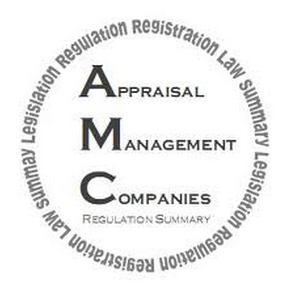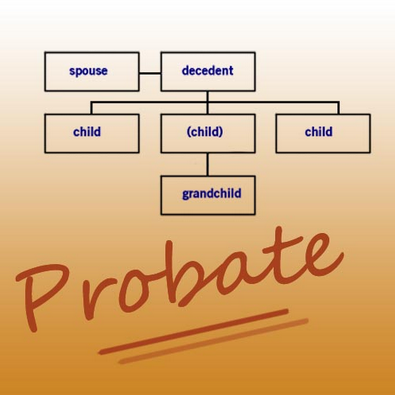I talk with real estate agents almost every day. Sometimes I’m asking them questions about a property that sold which I’m considering using as a comp or I’m teaching a class on appraisals to lenders and realtors. Other times they’re calling me asking about various appraisal procedures or if I can do an appraisal for them. The answer is Yes – appraisers can do appraisals for real estate agents.
Pricing a Listing
Let’s say a real estate agent is trying to get a listing from a homeowner that wants to sell. Since they’ll be working on behalf of that homeowner they want to get top dollar for that sale. But they also need to make sure that they don’t over price the home making it undesirable to any potential buyers relative to competitive listings already on the market. In some cases a market analysis done by an agent may be producing significant valuation swings between possible listing prices. In this situation a real estate agent may bring in a certified real estate appraiser to properly value the property, ensuring a reliable list price for a well-timed sale.
Difficult Homeowner
Some homeowners don’t want to hear from an agent that there estimate of the home’s current value is overinflated. In these cases to properly list the home at a price that will sell, a real estate agent may call a certified appraiser to develop a second opinion of the market value of the property in hopes of guiding the homeowner to a more realistic asking price. This hard third party evidence may be needed to convince the homeowner that if they want to engage serious buyers they must price their home accordingly.
Complex Area or Property
Occasionally a real estate agent will come across a property that is difficult to price. The home may be located in a mixed use area. It could be an older home that the surrounding zoning has changed significantly over the years. This could present challenges in finding nearby properties of comparable use. Or it could be a high end neighborhood which can be problematic because such developments have a tendency to have few resales – and consequently few recent comparables.
It isn’t always about the area – sometimes it is the home itself; a home may be significantly over- or under-improved for the neighborhood. One example would be a homeowner who builds a custom “dream house” that is substantially bigger with numerous high-end amenities – far greater than what is typically found in its neighborhood. The problem is there may be no comparables in the immediate area. Here a real estate agent may call an appraiser to establish a value for the home.
Legal: Tax Issues, Trust, and Divorce
Sometimes lawyers, trustees and executors are calling realtors to help sell or value properties, but they may initially call a realtor for a referral to an appraiser. Oftentimes, an appraisal – not a BPO or a CMA – is required for legal proceedings. A tax attorney may need to value (or advise a sale) of a property in order to use the proceeds from the sale to payoff state or federal tax liens. A trustee or an executor of a will may need to liquidate the real property of a trust or an estate.
Divorce attorneys contact real estate agents to sell marital homes as part of the divorce settlement. In many of these cases, the agents may be asked to recommend a certified real estate appraiser to establish a market value to satisfy the demands of the legal proceedings.
In all of these types of situations, I am relied upon to develop an accurate value opinion in a timely manner to help facilitate the client’s next step.
See my video here.



